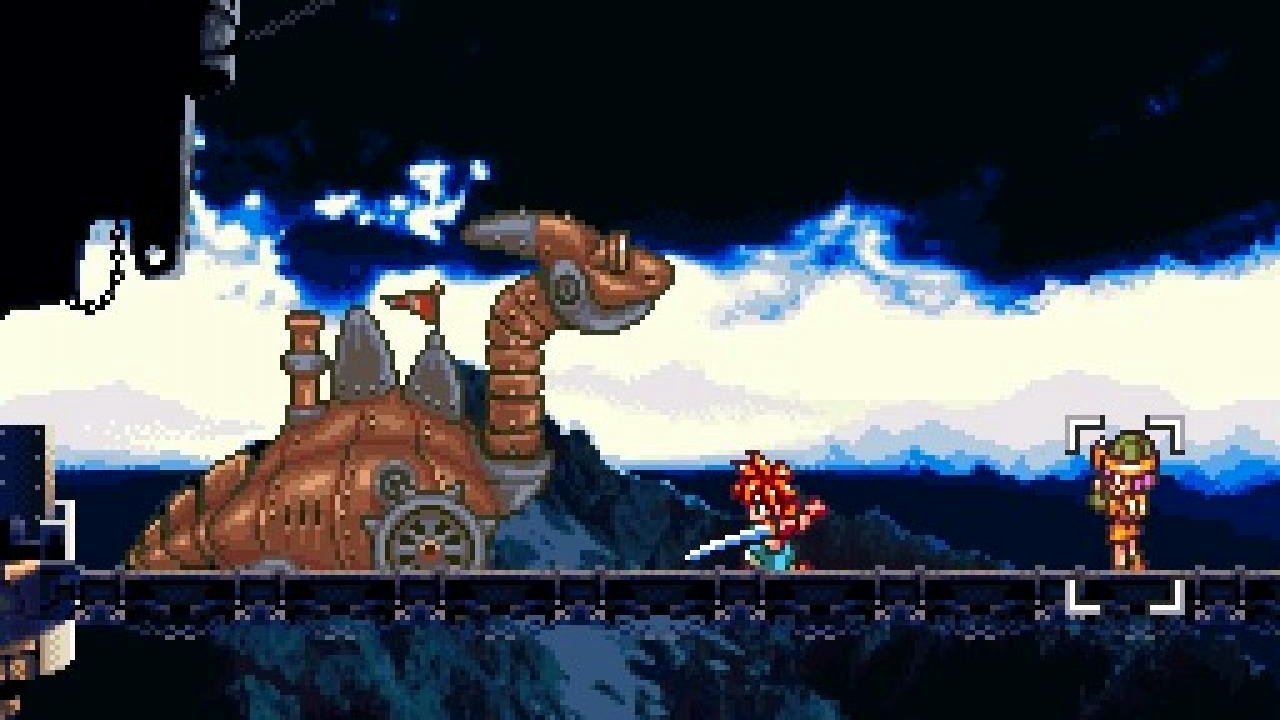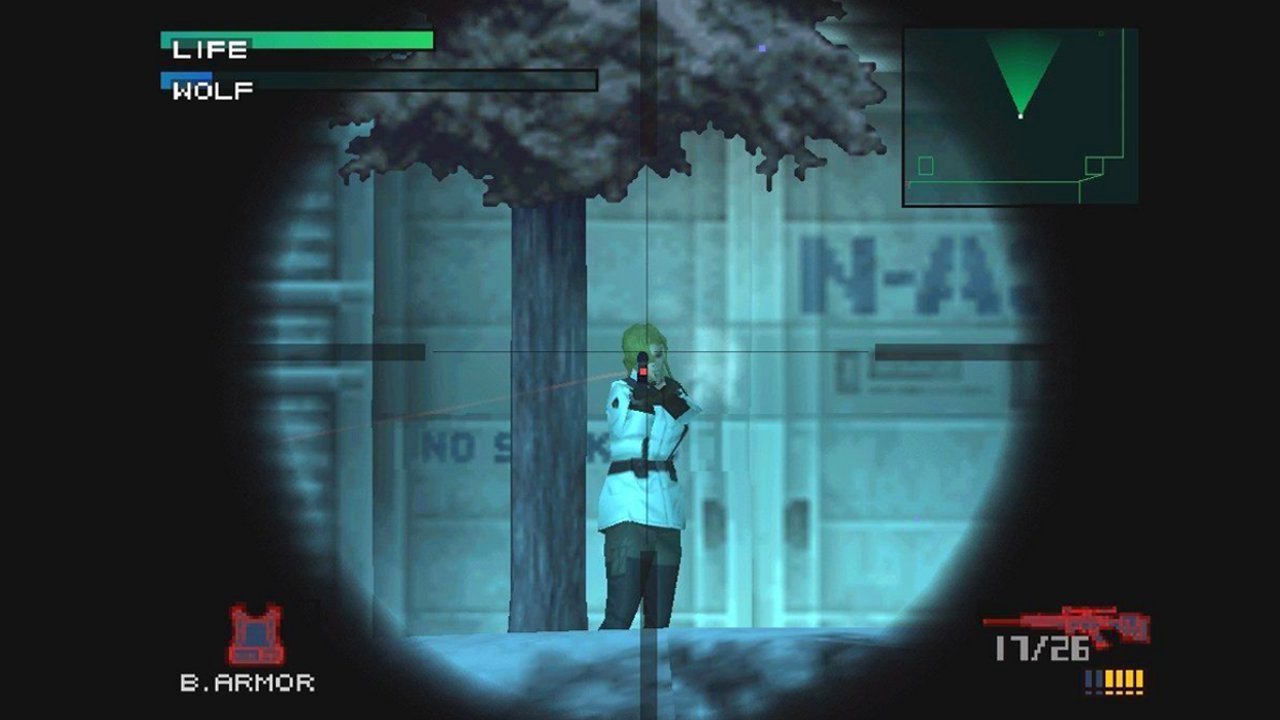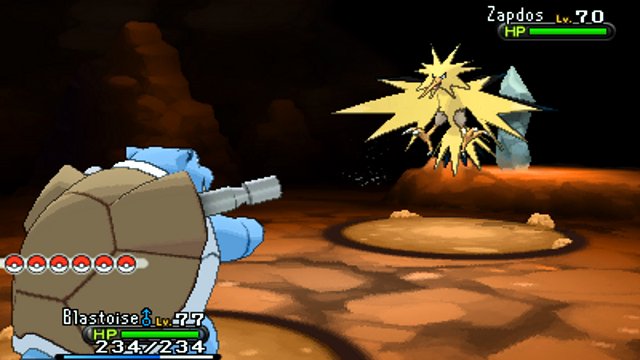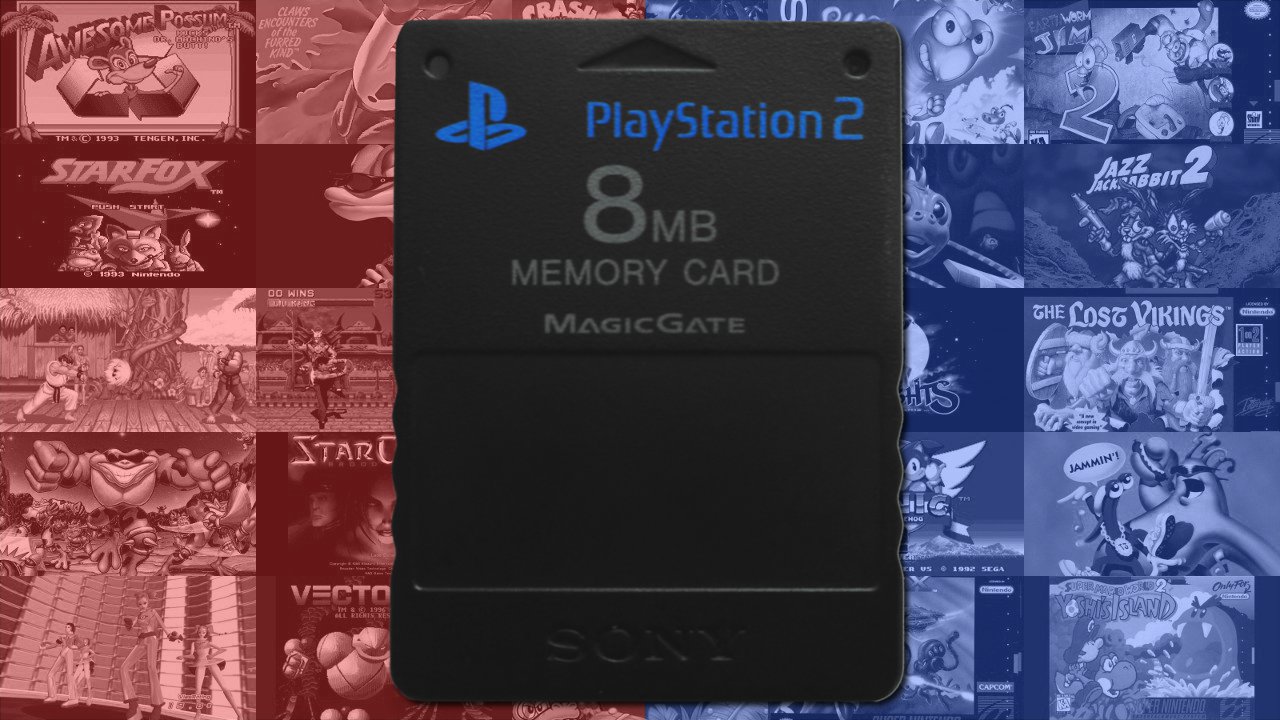Your save data tells a story that links us all together
There's voyeuristic fun to be had in the abandoned, digital lives of anonymous people. That's why I collect used memory cards. I order them by the dozen off eBay, supplementing with the occasional find at a local used game or second-hand store. Most are empty, or have a lone save from some late-'90s incarnation of Madden, but every so often a card comes along with a wide variety of saves. Saves that, when viewed together, create a snapshot of someone's gaming habits.
No one creates these saves with the intention of having them scrutinized. What sort of weirdo scrutinizes save data? This weirdo, that's who; a virtual archaeologist unearthing the ruins of our past gaming lives. Today, memory cards and cartridge saves - once so widespread as to be taken for granted - are becoming extinct. Save data is a private, personal artifact locked away behind user profiles and increasingly regulated to the cloud. Is this wildy more convenient than the old, cartridge-based method? You bet, but that convenience comes at the cost of connecting with others through digital record keeping.

Anyone who frequented a video game rental store knows the curious thrill of discovering someone's game save. I brought home a copy of Chrono Trigger years ago and was stunned by the amount of work the previous renter had invested. Every hero was at maxed out with tons of late-game equipment, and all the side quests had been completed. A Game Genie could have been at work here, but more likely this person just really loved Chrono Trigger and played it until there was nothing left to see.
But for every triumph, there's also heartache. A PlayStation memory card I purchased contained a save for Metal Gear Solid that found Snake in dire straights. It loaded several hours into the game, with Snake waiting just outside Sniper Wolf's boss room. He had roughly a third of his total health, no rations, and very little ammo or supplies. Naturally, attempting the fight was suicide. It's obvious this person went through hell just to reach Sniper Wolf, only to discover they were woefully unprepared. Broken and defeated, they gave up and tossed the memory card, never to be loaded again.
Then there are games, such as Pokemon, that are always a goldmine of information. I could probably drum up an entire psych profile based solely on the six Pokemon someone keeps in their party. On a Pokemon Blue cartridge I found, I noticed the owner had received several Pokemon from another player (let's call him Greg). Greg apparently had a real sense of humor, as one of the Pokemon he'd traded over was a Zapdos nicknamed "YOU-OWE-ME." This tells me the game's owner must have accidentally saved after failing to capture this legendary Pokemon, and good old Greg stepped up with a spare.

Little dramas such as these aren't common in today's save swapping communities. Most of the files on offer there are created with clear intent: either they're "100% all unlocks" saves, or they're "continue my journey" saves where you follow in another's footsteps. Let's Play videos and livestreams are another form of save sharing, insofar as you're sharing an experience. These examples aren't authentic. Instead, they're manufactured to inform, entertain, or assist. They're made to be consumed.
Save data recovered from a cartridge or memory card simply exists in glorious mediocrity. That's what lends it credibility - makes it feel authentic. It's the difference between seeing something on "reality" television and, you know, seeing it happen in real life. Without authenticity there's no reason for me to care about the personal stories buried in these game saves.
Sign up to the GamesRadar+ Newsletter
Weekly digests, tales from the communities you love, and more
Save files form an invisible thread linking two strangers on an epic journey; strangers who will never meet.

Authenticity invites camaraderie. It reminds me that people - actual people, like you and me - play these games. They love these games. Obsess over these games. And sometimes get really frustrated and rage quit these games. When something as tiny as a save file gets passed around from person to person, it acts as a reminder that we're all united by these common struggles and victories. It forms an invisible thread linking two strangers on an epic quest to save the (digital) world; strangers who will likely never meet.
For me, this feeling of camaraderie is especially strong if I'm playing off an actual game cartridge. If I know someone both attempted the same adventure I'm about to embark upon and they did so using the same physical cartridge I'm holding in my hands, that makes the connection that much stronger. It also makes me feel like history's greatest monster when I'm forced to delete someone's save data to start a new game. My fellow adventurer has left behind this final record of their journey, and here I am casting it aside and undoing everything they accomplished. Monstrous!

Overriding someone's save isn't really an issue anymore, since we typically can't access anyone's data but our own. Trophies are one alternative, but they're more of a highlights reel. A comprehensive view requires diving into the save data itself and surveying the landscape firsthand. And really, in what other artistic medium can you do something like this? Are you going to waltz around a museum gawking at strangers as they enjoy art, or peer into someone's eyes as they listen to classical music? I'm afraid the only grand insights you'll find is that the other person hates you.
The internet has made it easier than even to get caught up in all the console war drama and video game fanboyism. But seeing something as simple as a game save can be all it takes to remind you we're all in this for a common love of video games.



